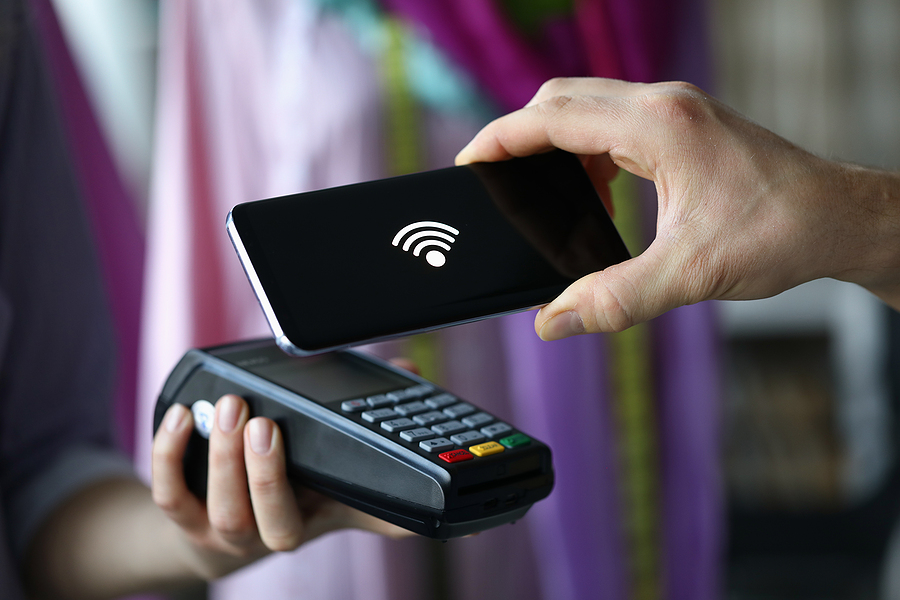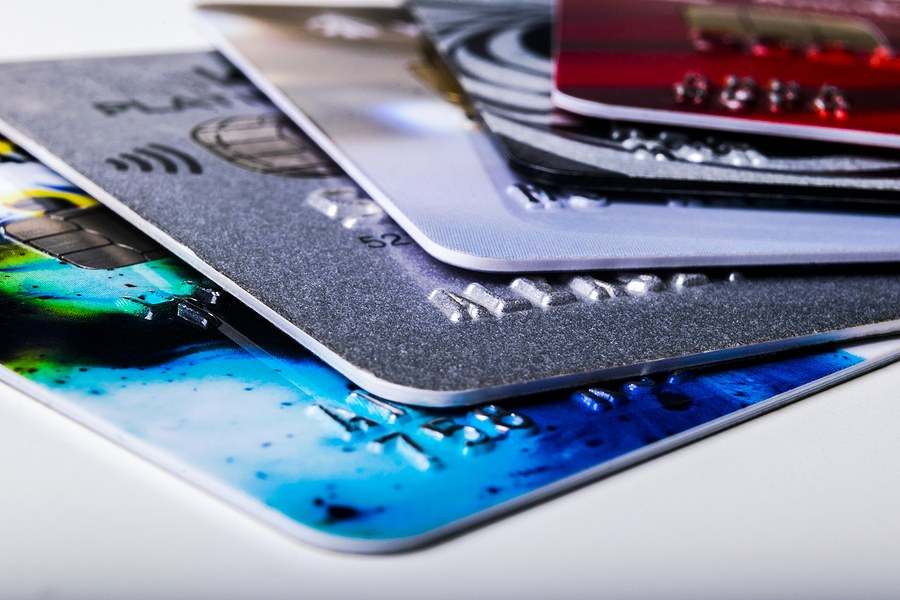There have been cashless societies since the beginning of time. People bartered with goods and services to purchase what they needed. The modern world has been taking small steps toward returning to a cashless economy over the last few decades with debit cards, direct deposits, and payment systems such as PayPal, Apple Pay, Venmo, and more.
The quarantine and social distancing that resulted from the onset of the COVID-19 pandemic have accelerated the transition. The thought of how many hands a dollar bill can pass through in a day and the germs it carries has become extremely alarming. Already, many businesses are only accepting cashless transactions. We may be years away from conducting business completely without physical currency. However, business owners should be aware of both the positive and negative impact the transition to a cashless economy may have on their business.

The Benefits
While the transition to a completely cashless economy isn’t something that’s going to happen overnight, cashless transactions can provide benefits for both the merchant and the consumer.
Eliminate money handling – In addition to reducing the spread of germs and bacteria, no longer handling actual cash offers other benefits as well. The time spent counting it and settling cash drawers at the end of each shift is eliminated. It also eliminates the need for trips to the bank to make deposits and get change or the need for armored car services. The result is lower payroll or other expenses.
Reduces the Risk of Robbery – Cash is what most thieves want when robbing a retail business. By only accepting digital or debit/credit card payment, retailers are eliminating the ultimate score. Once the thief sees a sign stating that only cashless transactions are accepted, they will be more likely to move on. Many 24-hour convenience stores require only cashless payments during overnight shifts, as those are the most popular times for a robbery to take place.
Offer Customer Convenience – Cashless transactions are typically quicker with no need to sort through your wallet to get out the right amount of cash or wait for the cashier to make change. Also, with no need to have the cash to go shopping, trips to the bank or ATM charges can be avoided. This saves consumers time and money.
Increase Impulse Buys – Consumers are less inhibited when shopping without cash. They are more likely to make impulse buys or add-on purchases they might normally think twice about if they had to count out the cash. That could translate into increased sales for the retailer.
The Downside
In some ways, switching to cashless transactions can reduce costs and increase sales. It can also do exactly the opposite.
Reduced customer base – Accepting only cashless payments can alienate some customers. There are a couple of different reasons for this. Many lower-income individuals don’t have credit or debit cards. While one could argue that prepaid cards could be a solution for those individuals but prepaid cards typically come with a fee. This would result in having to spend extra money to be able to purchase goods or services from a business that only accepts cashless transactions. Most consumers with limited funds would simply do business with a competitor who accepts cash.
There are also those individuals that simply prefer to do business in cash. They may want to avoid any charges associated with cards or are concerned about privacy or security issues. Whatever their reason, individuals that believe cash is king are going to shop where it is accepted. Depending on your target audience, this could be a small portion of your customer base or it could significantly reduce it.
Credit and Debit Card Interchange Fees – These are the fees paid to accept credit card payments. They are normally a certain percentage of the amount of the sale plus a flat fee. For successful businesses only accepting credit cards, debit cards, or digital payments, those fees can really add up. The fees for digital payments are often lower but it may take longer to receive the funds.

Ready for a Cashless Economy?
Switching to cashless transactions has become a popular option for some businesses since the onset of COVID-19. Although we may not be ready for a totally cashless economy, reducing the use of cash does provide benefits beyond our current health concerns. Whether you’re ready to make the transition or not but could use a little extra capital to keep your business on track, CFG Merchant Solutions may be able to help.
Our team brings to the table more than 60 years of institutional investment banking experience in the credit, commercial finance, and capital markets. Whether it’s a merchant cash advance, equipment financing, or any of our other funding options, we will guide you in choosing the perfect funding solution. With multiple funding options, we help small and medium-sized businesses stay on track. In some cases, we are even able to provide funding for businesses with less-than-perfect credit or brief credit histories. Contact us or apply online today.
.



